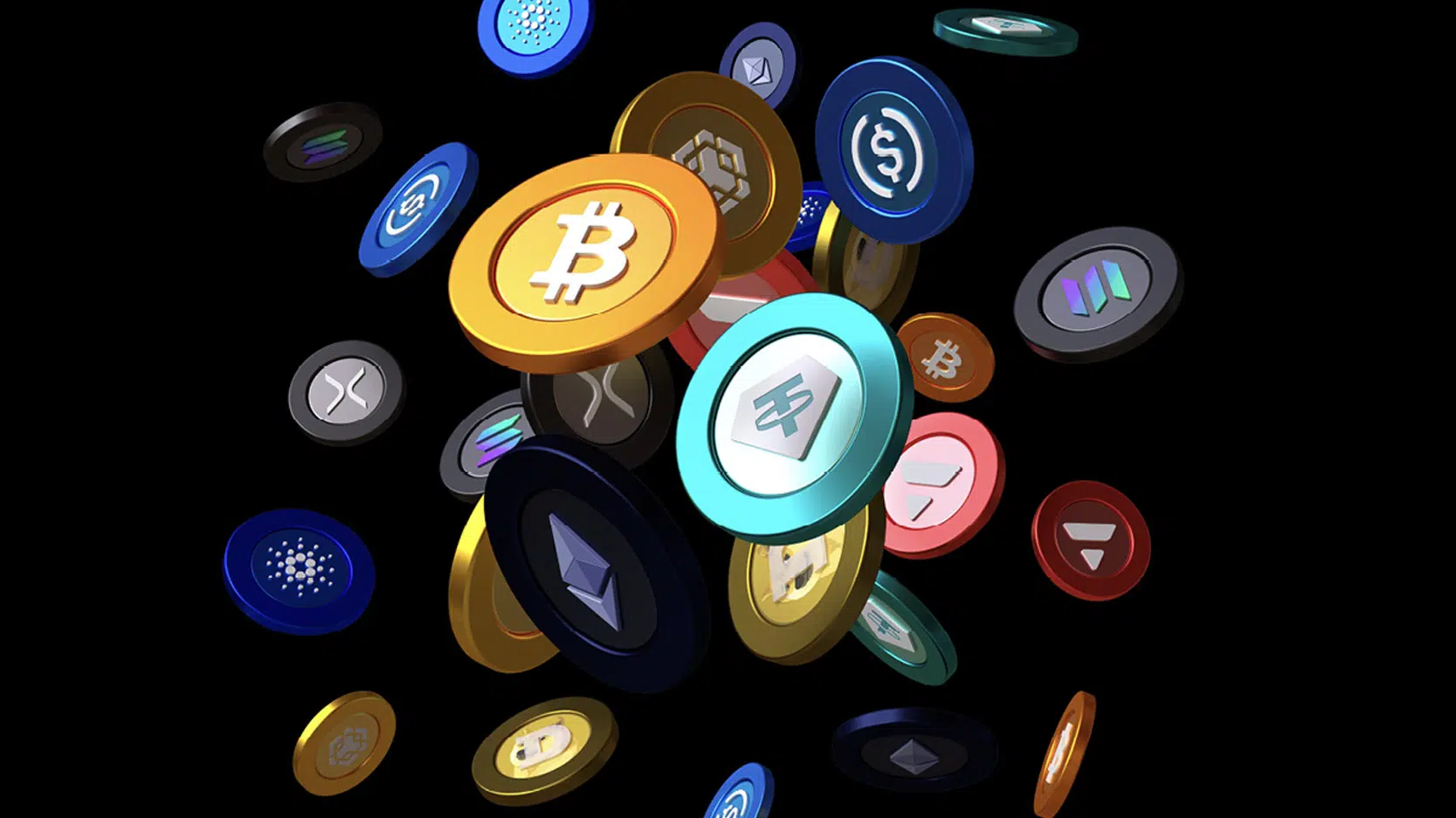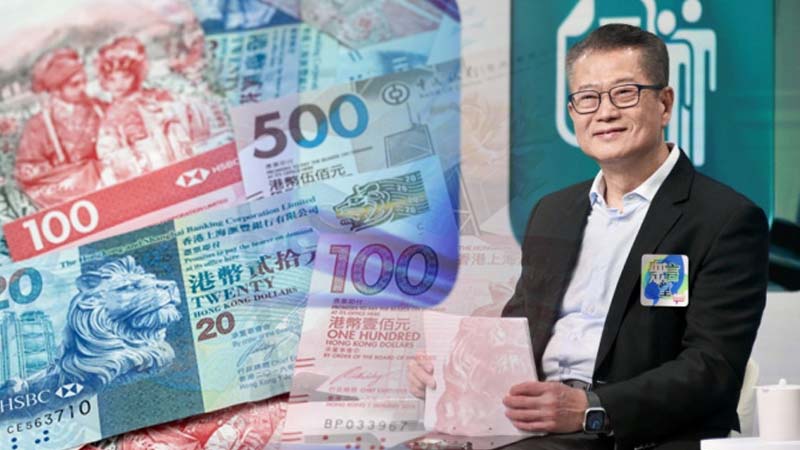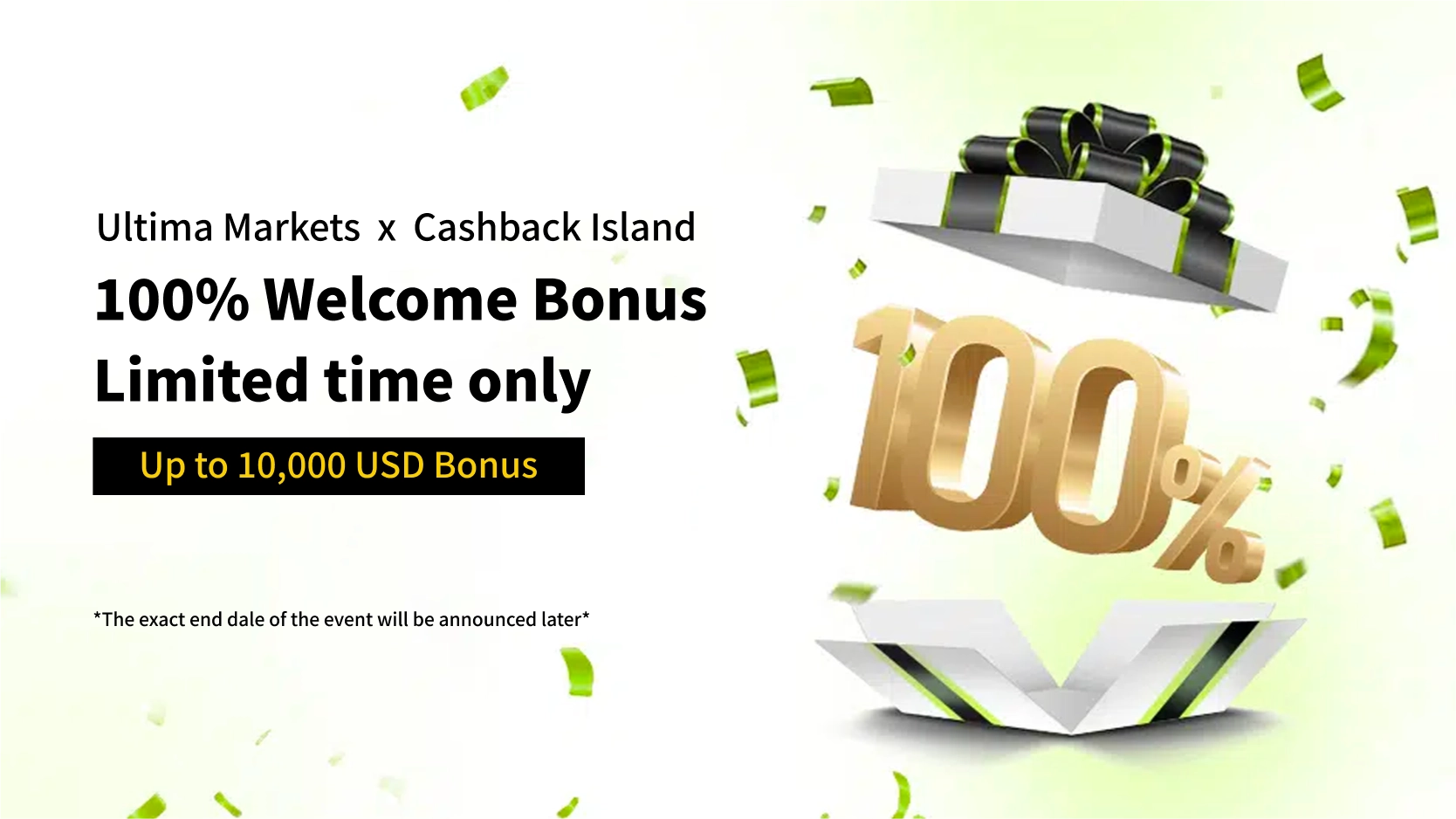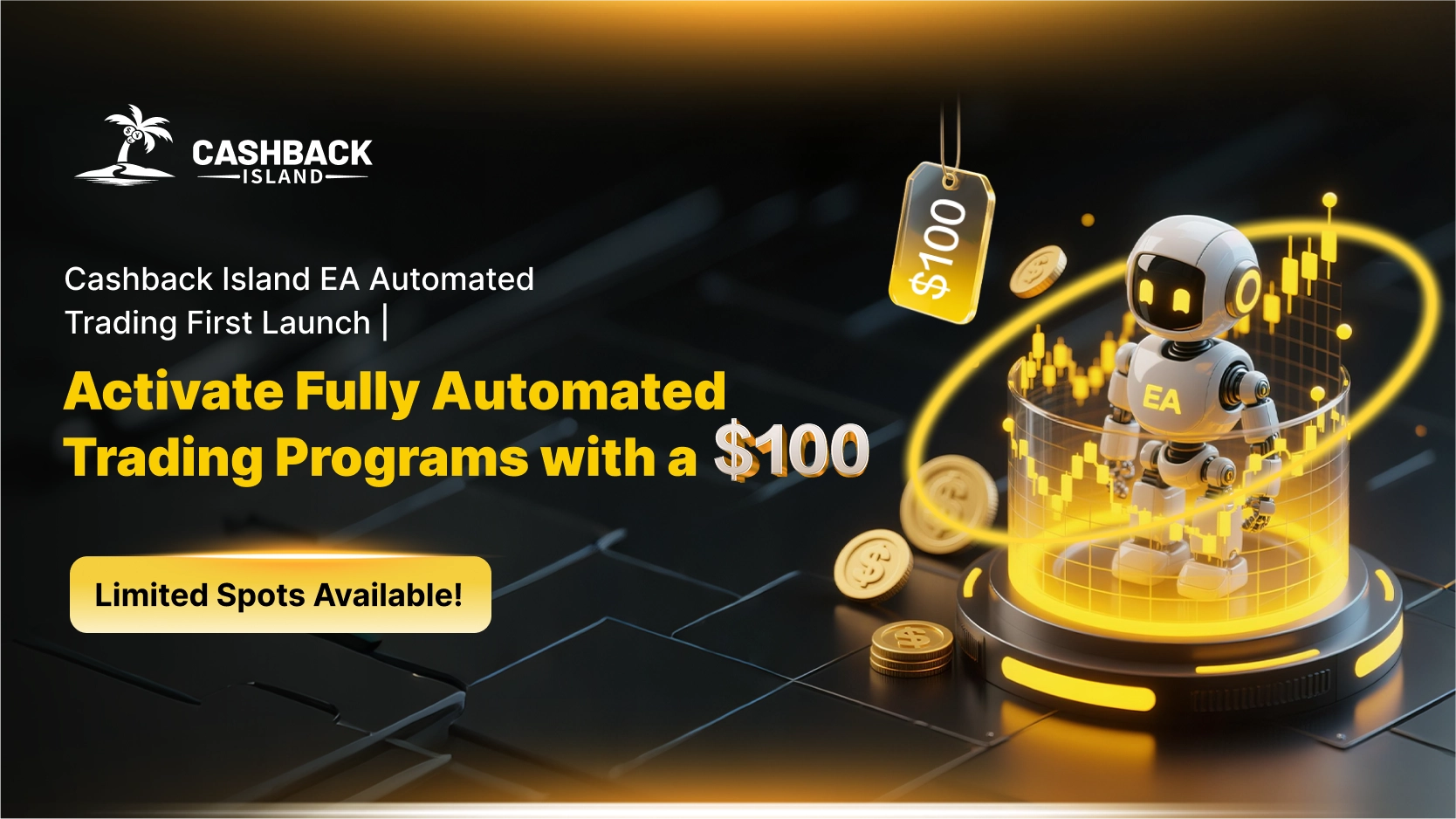Top 10 Cryptocurrency Exchanges Ranking! 2025 Fees/Security/Reviews
How to Choose the Best Cryptocurrency Exchange for You? 5 Core Evaluation Criteria
Faced with a dazzling array of exchanges, where do you start? Don’t worry, follow our five core criteria to filter out the best “wealth accelerator” for you, step by step!
Quick Look at Evaluation Criteria:
- Security & Regulation: The ultimate insurance for your funds!
- Trading Fees: A penny saved is a penny earned.
- Liquidity & Coin Variety: Trading depth and diverse options.
- User Interface: Smoothness of operation determines your trading mood.
- New User Bonuses: A little extra happiness for opening an account.
Criterion 1: Security & Regulation
Security is the absolute bottom line when choosing an exchange! It’s like choosing a bank; you wouldn’t want to deposit your money in an institution that could collapse at any moment, would you?
- Regulatory Status: In Mainland China, you should choose exchanges recognized by local laws and regulations. In Taiwan, the top choices are platforms that have completed the “Statement of Compliance with Anti-Money Laundering Regulations” with the FSC. This indicates they are more transparent legally, and while it’s not a government endorsement of your assets, it is an important compliance indicator.
- Asset Protection: Reputable exchanges segregate user assets from company assets and use technologies like hot/cold wallet separation and multi-signature security to protect your cryptocurrencies from hackers to the greatest extent possible.
- User Reputation: Browse social media, forums, etc., to see real reviews from experienced users and avoid platforms with a poor track record.
Criterion 2: Trading Fees and Deposit/Withdrawal Costs
Fees are an “invisible cost,” especially for frequent traders. They add up and cannot be ignored. They are mainly divided into three types:
- Trading Fee: Usually divided into Maker and Taker fees, ranging from about 0.05% to 0.2%. Many platforms offer discounts based on your trading volume or holdings of the platform’s native token.
- Deposit Fee: Fiat deposits are usually free. For crypto deposits, you pay the blockchain’s network fee.
- Withdrawal Fee: Withdrawing fiat to a bank account typically incurs a fixed fee of about 15-25 TWD or its equivalent in RMB. Withdrawing cryptocurrency requires paying a fixed miner fee, which varies depending on the coin and network congestion.
Criterion 3: Liquidity and Coin Diversity
“Liquidity” refers to the ease of buying and selling cryptocurrencies on an exchange. A platform with good liquidity means there is sufficient depth in the order book, allowing you to easily execute trades at the market price without significant price slippage.
- For Beginners: Initially, you can choose platforms that support major cryptocurrencies like BTC and ETH.
- For Advanced Traders: If you want to explore more altcoins with potential, large global exchanges are your best bet.
Criterion 4: User Interface and Customer Service
A good user interface (UI) and user experience (UX) can make your work twice as effective. Especially during volatile market movements where every second counts, a laggy or counter-intuitive design can be infuriating.
- App and Web: Personally download the app or try the web version to see if the order process is smooth and if the charting tools are comprehensive.
- Customer Service: An ideal platform should offer real-time customer support in your language. When you encounter deposit delays or account issues, you can get help quickly.
Criterion 5: New User Bonuses and Features
Many exchanges offer rich “welcome packages” to attract new users, such as registration bonuses and trading fee discount coupons. Additionally, whether the platform offers diverse features like copy trading, grid trading, or staking for interest is also a plus, making your investment strategies more flexible.
2025 Recommended Cryptocurrency Exchanges in Mainland China & Taiwan (Top Choices for Fiat On/Off-Ramps)
For Taiwanese investors, being able to directly buy and sell cryptocurrencies with fiat currency is undoubtedly the most convenient option. The following three are mainstream in the Taiwan market and have all completed the FSC’s anti-money laundering compliance statement.
| Exchange | Background & Features | Pros | Cons |
|---|---|---|---|
| MAX Exchange | Part of Far Eastern Group, largest trading volume in Taiwan | User-friendly interface, best liquidity Partners with Far Eastern International Bank for asset trust |
Relatively few coin options |
| ACE Exchange | Audited by KPMG, the first compliant exchange | Diverse functions, including debt products, recurring buys, etc. Multiple customer service channels |
App interface is relatively complex |
| BitoPro | Veteran Taiwanese exchange, started with the BitoEX wallet | Useful price alert function Supports buying crypto at convenience stores |
Trading depth is sometimes insufficient |
2025 Recommended Global Cryptocurrency Exchanges (Most Comprehensive Coin Selection)
Once you are familiar with the basic operations and want to pursue more coin options and lower trading costs, global exchanges are your next step. They usually do not support direct fiat deposits; you’ll need to transfer stablecoins like USDT from a local exchange.
| Exchange | Background & Features | Pros | Cons |
|---|---|---|---|
| Binance | Global leader in trading volume, most complete ecosystem | Most comprehensive coin selection, world’s number one liquidity Powerful features, covering everything from spot to derivatives |
Huge scale, faces strong regulatory pressure from various countries |
| OKX | Derivatives trading expert, strong Web3 wallet integration | Excellent contract trading depth, professional interface Powerful Web3 wallet for seamless DeFi integration |
Some features are relatively complex for beginners |
| Bybit | Known for derivatives trading, popular copy trading feature | Active copy trading community Stable system, fast transaction speeds |
Fewer spot trading pairs compared to Binance |
💡 Recommended Article
Want to learn more about the basics of Bitcoin? We have prepared a detailed guide for you, taking you into the world of cryptocurrency step by step from scratch. Click to read:
What is a Bitcoin ETF? A Complete Guide to 11 Spot Bitcoin ETF Tickers, Fees, and How to Buy
Advanced Traders Must-Know: Centralized (CEX) vs. Decentralized (DEX) Exchanges – What’s the Difference?
In the crypto world, exchanges are divided into two main factions: Centralized (CEX) and Decentralized (DEX). It’s like the established, orthodox sects versus the solitary martial arts masters in a Wuxia novel—each has its own way of survival.
What is a Centralized Exchange (CEX)? Pros and Risks
A CEX (Centralized Exchange) is like a traditional stock brokerage or bank, operated by a central authority that facilitates trades and holds custody of assets. The exchanges mentioned above, like Binance, MAX, and OKX, are all CEXs.
- Pros:
- Easy to Use: The interface is designed to be intuitive for the average person and easy to get started with.
- High Efficiency: Fast transaction speeds and high liquidity.
- Comprehensive Services: Offers customer support, fiat on/off-ramps, and other convenient services.
- Risks:
- Custodial Risk: Your coins are held in the exchange’s wallet. If the exchange is hacked or goes bankrupt, your assets could be lost completely (the FTX incident is a stark lesson).
- Lower Transparency: Internal operations are not fully transparent, creating potential for malicious manipulation.
What is a Decentralized Exchange (DEX)? Pros and Challenges
A DEX (Decentralized Exchange) is the complete opposite. It has no central server or operating company; instead, trades are executed automatically on the blockchain via smart contracts. Well-known DEXs include Uniswap and PancakeSwap.
- Pros:
- Self-Custody of Assets: During a trade, your assets always remain in your own Web3 wallet, eliminating the need to trust a third party.
- High Transparency: All transaction records are on-chain and publicly verifiable.
- Permissionless: Anyone can list a new token, making it possible to find many early-stage potential projects.
- Challenges:
- High Barrier to Entry: Requires knowledge of how to operate a blockchain wallet.
- Transaction Speed and Cost: Limited by the performance of the underlying blockchain, transactions can be slower and require gas fees.
- User Assumes All Risk: There is no customer service. If you make a mistake (like sending funds to the wrong address), your assets are permanently lost.
How Should I Choose? Considerations for Beginners and Veterans
In a nutshell:
- For Beginners: Start with a reputable, regulated Centralized Exchange (CEX). This is the safest starting point.
- For Experienced Traders: After becoming familiar with CEXs, you can try using a Decentralized Exchange (DEX) with a small amount of capital to explore the DeFi world or hunt for early gems.
Conclusion
Choosing a cryptocurrency exchange is like picking a reliable ship for your investment voyage. For Taiwanese investors, starting with platforms like MAX or ACE that offer convenient fiat on/off-ramps is the best way to get your feet wet. Once you’ve gained enough experience, you can set sail for the vast blue oceans of global exchanges like Binance and OKX to seek more diverse investment opportunities.
Remember, there is no “best” exchange, only the one that is “most suitable” for you. Before making a decision, be sure to prioritize security and compliance, and evaluate fees based on your own trading frequency and habits. We hope this detailed ranking and analysis helps you navigate the path of cryptocurrency investment more steadily and successfully. Now, choose the best platform for buying and selling Bitcoin for you and begin your digital asset journey!
Frequently Asked Questions (FAQ)
❓ Is it legal to buy and sell Bitcoin or other cryptocurrencies in Taiwan? Do I need to pay taxes?
Completely legal. Taiwan currently classifies cryptocurrency as a “virtual commodity” rather than a currency. According to current regulations, profits from personal cryptocurrency trading are considered “property transaction income” and should be declared as part of your individual income tax. It is advisable to keep all transaction records for auditing purposes.
❓ Can cryptocurrency exchanges go bankrupt? Are my assets safe?
Yes, they can. Historically, many exchanges have collapsed due to hacking or mismanagement, with FTX being the most famous example. Therefore, it is crucial to choose large, reputable exchanges with proof of reserves. At the same time, learning to use your own cold or hot wallet to withdraw the majority of your long-term holdings from the exchange is the highest principle for securing your assets. This is the core spirit of “Not your keys, not your coins.”
❓ What documents do I need to register for an exchange?
Basically, you will need to complete KYC (Know Your Customer) identity verification. You’ll need to prepare: 1. National ID card or passport; 2. A second form of ID (e.g., driver’s license or health insurance card); 3. A selfie holding your ID; 4. Proof of address (sometimes required). This is to comply with anti-money laundering regulations and is an important step in securing your account.
❓ What are Maker and Taker?
These are two roles used by exchanges to calculate fees. A Maker is someone who places a limit order that is not immediately matched but instead enters the “Order Book,” waiting to be filled. This provides liquidity to the market, so the fee is usually lower. A Taker is someone who places an order (like a market order or an immediately-fillable limit order) that removes an existing order from the order book, thus consuming market liquidity, so their fee is slightly higher.
Related Articles
-
As the announcement of the 2025 Budget on February 26, 2025, approaches, Hong Kong society is closely watching how the government will balance the need for relief measures with structural reforms amidst the pressure of its HK$680 billion fiscal reserves. Financial Secretary Paul Chan Mo-po's recent emphasis on "precision in...2025 年 10 月 11 日
-
The Hong Kong Securities and Futures Commission (SFC) officially granted operating licenses to two cryptocurrency trading platforms—PantherTrade and YAX—on January 27, 2025, further promoting the compliant development of Hong Kong's crypto market. Since launching its licensing program in mid-2024, the SFC has issued licenses to seven Virtual Asset Trading Platforms...2025 年 10 月 11 日
-
As the U.S. Consumer Price Index (CPI) for January exceeded expectations, market forecasts for the Federal Reserve's future monetary policy shifted, causing the U.S. Dollar Index to rise rapidly and leading to a pullback in gold prices. However, despite this pressure, the gold market still shows potential for growth, primarily...2025 年 10 月 11 日












